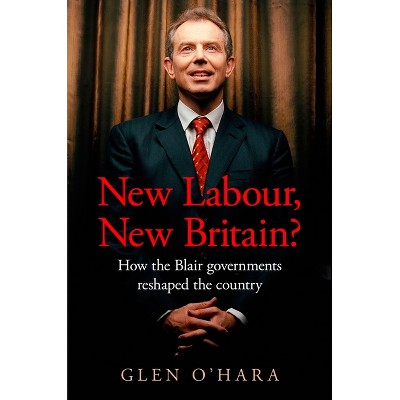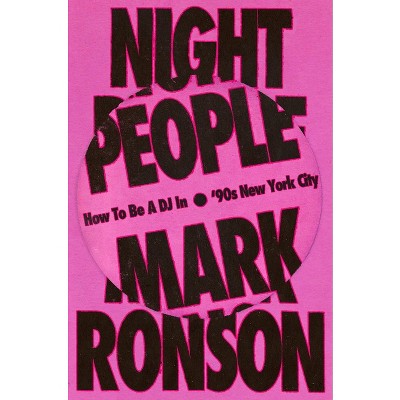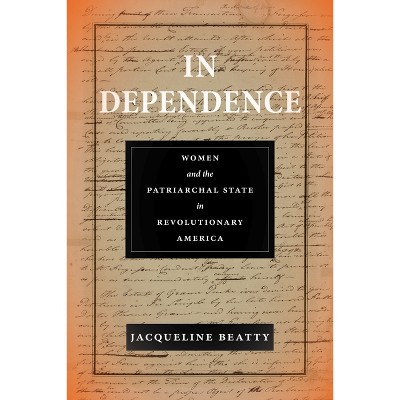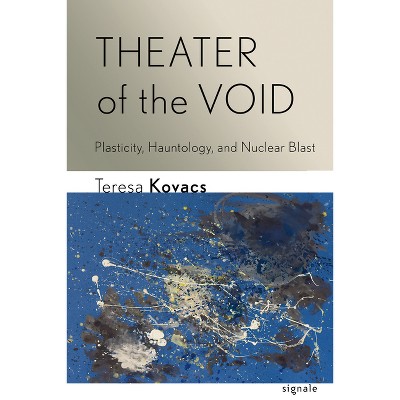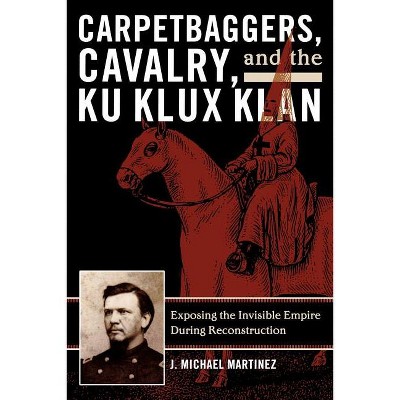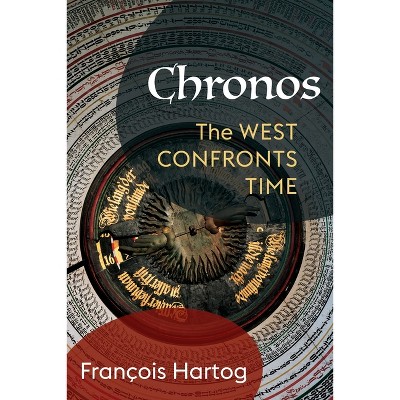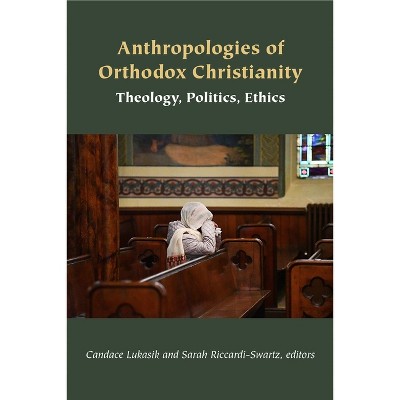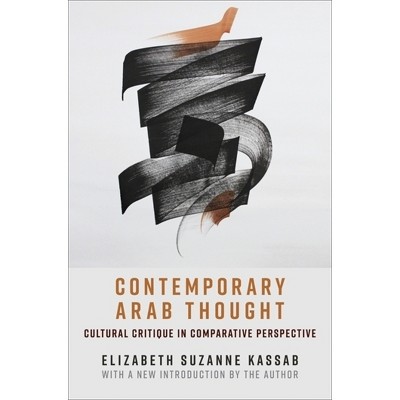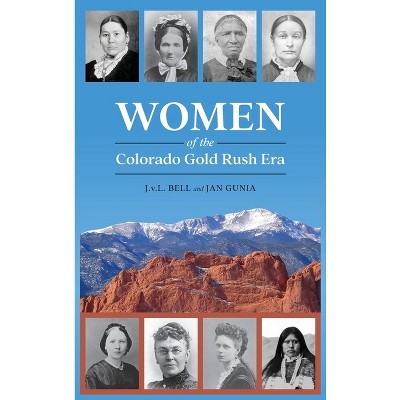Sponsored

New Era - (American Thought and Culture) by Paul V Murphy (Paperback)
$42.00
In Stock
Eligible for registries and wish lists
Sponsored
About this item
Highlights
- The New Era examines American thought and culture in the 1920s through the eyes of a generation of American intellectuals who became tribunes of openness, experimentation, and tolerance.
- About the Author: Paul V. Murphy is associate professor of history at Grand Valley State University.
- 282 Pages
- History, United States
- Series Name: American Thought and Culture
Description
About the Book
The New Era examines American thought and culture in the 1920s through the eyes of a generation of American intellectuals who became tribunes of openness, experimentation, and tolerance. The book tracks the emergence of a new set of arguments and debates-over women's roles, s...Book Synopsis
The New Era examines American thought and culture in the 1920s through the eyes of a generation of American intellectuals who became tribunes of openness, experimentation, and tolerance. The book tracks the emergence of a new set of arguments and debates--over women's roles, sex, mass culture, the national character, ethnic identity, race, democracy, religion, and values--that would define American public life for the next fifty years.Review Quotes
A deft and often surprising reconsideration of a decade we thought we knew. Murphy's insights hold obvious implications for our own time.
Murphy has laced a fresh, wide-ranging synthesis with probing portraits of individuals in a way that will prove useful to students and scholars alike.
The New Era takes as its point of departure the insights of William Ogburn and Van Wyck Brooks into the tension between culture and social experience in the early years of the twentieth century. Intellectuals and artists made that tension the object of their own creative work, Paul Murphy explains, and offered new syntheses intended to overcome it. The exploration of hybrid ethnic identities by novelists Nella Larsen and Jean Toomer and sociologist Robert Park, Hart Crane's ambition to reconcile poetic form and technological power, and Mary Parker Follett's attempt to integrate the individual and the group in a new pluralist politics are among the many intriguing episodes in his wide-ranging survey of the period. By the decade's end, the quest for a common fund of values, ideas, and symbols--a unified culture of modernity--had emerged as the defining feature of the intellectual vocation and the most important legacy of the twenties for what followed.
About the Author
Paul V. Murphy is associate professor of history at Grand Valley State University.Dimensions (Overall): 8.9 Inches (H) x 5.9 Inches (W) x .9 Inches (D)
Weight: .9 Pounds
Suggested Age: 22 Years and Up
Number of Pages: 282
Genre: History
Sub-Genre: United States
Series Title: American Thought and Culture
Publisher: Rowman & Littlefield Publishers
Theme: 20th Century
Format: Paperback
Author: Paul V Murphy
Language: English
Street Date: July 11, 2016
TCIN: 1004199739
UPC: 9780742549265
Item Number (DPCI): 247-15-7382
Origin: Made in the USA or Imported
If the item details aren’t accurate or complete, we want to know about it.
Shipping details
Estimated ship dimensions: 0.9 inches length x 5.9 inches width x 8.9 inches height
Estimated ship weight: 0.9 pounds
We regret that this item cannot be shipped to PO Boxes.
This item cannot be shipped to the following locations: American Samoa (see also separate entry under AS), Guam (see also separate entry under GU), Northern Mariana Islands, Puerto Rico (see also separate entry under PR), United States Minor Outlying Islands, Virgin Islands, U.S., APO/FPO
Return details
This item can be returned to any Target store or Target.com.
This item must be returned within 90 days of the date it was purchased in store, shipped, delivered by a Shipt shopper, or made ready for pickup.
See the return policy for complete information.
Frequently bought together


$18.88
MSRP $27.00
Buy 1, get 1 50% off select books
4.8 out of 5 stars with 575 ratings
Trending Non-Fiction

$15.68
Buy 1, get 1 50% off select books
4.8 out of 5 stars with 205 ratings

Highly rated
$19.31
was $20.98 New lower price
Buy 1, get 1 50% off select books
3.9 out of 5 stars with 70 ratings

$18.28
was $19.58 New lower price
Buy 1, get 1 50% off select books
4.7 out of 5 stars with 17 ratings

$4.59
MSRP $7.99
Buy 1, get 1 50% off select books
4.8 out of 5 stars with 125 ratings

$6.20
MSRP $10.95
Buy 1, get 1 50% off select books
4.8 out of 5 stars with 33 ratings

$7.09
MSRP $9.99
Buy 1, get 1 50% off select books
4.9 out of 5 stars with 46 ratings
